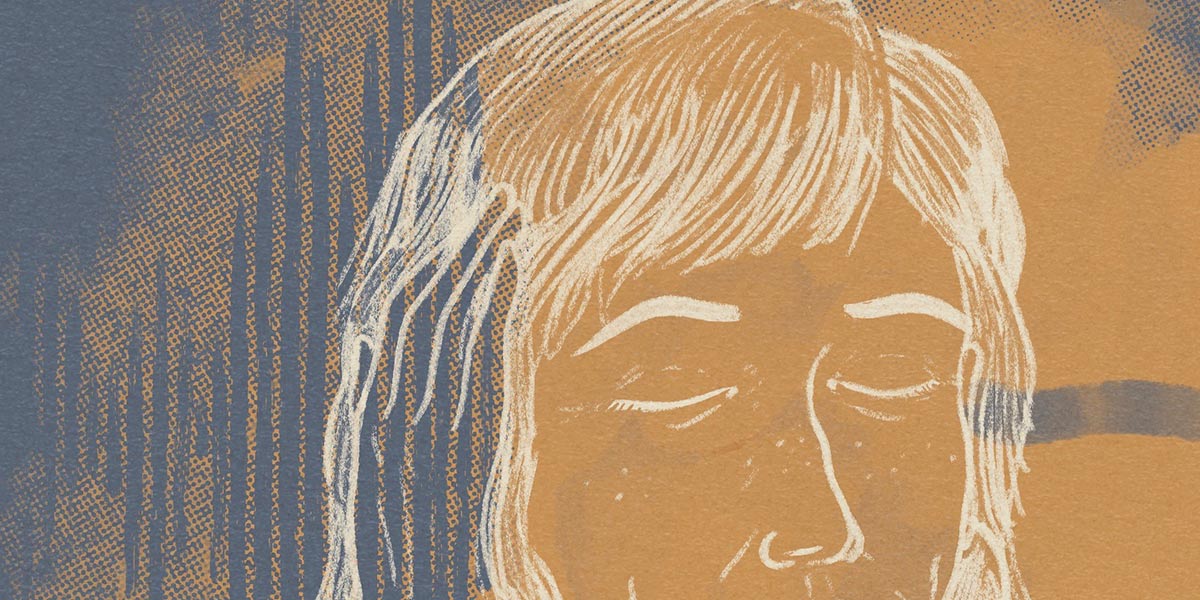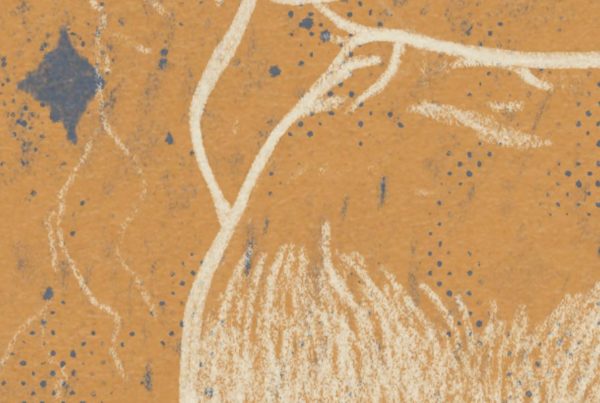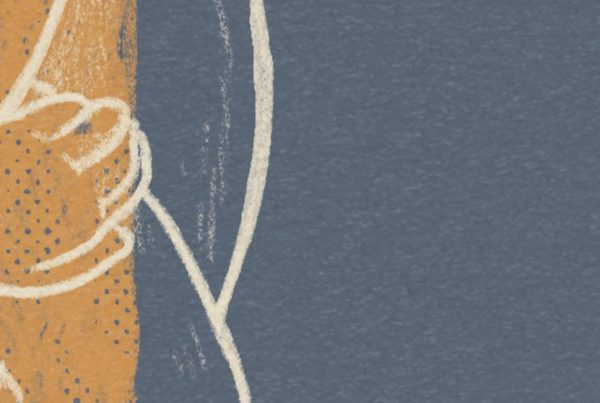If at any point in life you’ve been involved with or surrounded by music, then I’m sure you’ve had to deal with a mixing console—otherwise known as a soundboard.
This multi-channeled input/output mixer is responsible for the control of audio signals, and is what amplifies and broadcasts the sound we hear through a reinforcement system.
As a former worship leader, I’m well acquainted with soundboards and sound systems, having been around them for decades of my life. So, when prayerfully considering the new theme for this month’s soul work, I found myself surprised when suddenly a soundboard came flooding back to my memory.
I suddenly found myself remembering all the times I needed more background vocals in my in-ears and less bass guitar. Or more lead guitar and less drums. Or more drums and less vocals. I’d motion to the sound guy, give clues as to what adjustments I needed, he’d ride the faders, and on the song would go till another imbalance occurred; then we’d make adjustments all over again.
This never-ending loop of more/less is every musician’s M.O., and it takes years of practice to figure out the right balance of levels in order to hear yourself, your own instrument, the band, the ambience of the room, and the collective voices you’re leading.
But here’s what I remember most:
After having spent hours in rehearsals and sound checks trying to find the perfect mix and balance, more often than not, I would take out my in-ears all together so I could hear more presence and less music.
Louder than anything or anyone else, the voice I really needed to hear was the voice of the Spirit.
As we head into a whole new month, and explore a whole new theme, I find myself wondering what the soul work of less might mean for you?
If you were to picture yourself going about day-to-day life wearing in-ear monitors, what voices would you say you’re dialed into? What volumes are the loudest? What do you need more of? Less of? And are there adjustments that need to be made?
- Less noise, more quiet?
- Less busy, more space?
- Less suffering, more joy?
- Less doing, more being?
- Less social media, more stillness?
- Less podcasts, more prayer?
I don’t know what mix you’re hearing. That’s the unique thing about in-ear monitors—they deliver a particular blend of voices tailored specifically to your ears. Only you can acknowledge if you need a level adjustment.
So, as we explore the soul work of less this month, pay attention to what you’re hearing, who you’re listening to, and where God’s still, small voice is in the midst.

Spiritual Director
Co-Founder & Content Director
cindy@joyover.com
-With Joy
A Pause to Practice
Visio Divina is an ancient way of Christian prayer in which space is created to listen and pay attention to the Holy at work by entering into a sacred image. This form of praxis is an invitation into the S.A.C.R.E.D. art of seeing, and the art below is this month’s featured offering for your time of reflection.
-
Stillness: Find a comfortable place of quiet. Take a few deep breaths. Invite God’s presence.
-
Acknowledge: Gaze gently over the entire image, allowing yourself to notice as many details as you can – shapes, colors, lighting, foreground, background, and symbols.
-
Center: Notice what captures your attention, what your eyes are drawn to, or where your thoughts linger. Notice what inspires you, and perhaps what you might also be avoiding.
-
Reflect: Meditate on any part of the image that has captured you. How might God be speaking to you through this? What might the message and meaning be? Is there an invitation in this for you?
-
Express: Find words or a prayer of your heart to articulate the thoughts, emotions, memories, or desires that have awakened. Give voice to the insights you’ve gained.
-
Dwell: Savor this sacred time. Rest in simple silence. Linger in the holiness of this space and place of practice.
The Story Behind the Art
The simple but difficult practice of living amongst the noise of plenty while choosing the spaciousness of less. There is so much that distracts and clutters, that pulls us in all directions but into restful presence with what is. Less is the spaciousness of contented gratitude.[1]
A Prompt to Ponder
In attuning our ears to the voice of God, we discover God is making us more able to love and to experience a joy welling up within us. “We shall become less agitated and more peaceful, less hurried and more content to wait, less suspicious and more ready to trust … less fearful of what others may think of us and more free to be ourselves, kind to others and to ourselves and less likely to fly off the handle.
A Passage for Pause
My sheep hear my voice, and I know them, and they follow me.
“It is impossible to shift priorities if we are in a constant, busy, frenetic lifestyle. There has to be that pause, that breath, that waiting, that willingness to be still until we know. Be still and know—but the stillness doesn’t immediately lead to knowing. At first, we have to be still, and then we have to be patient until the knowing comes about.” —Barbara Holmes and Donald Bryant
- [1] Less by Dustin Heigh, IG: @joint.and.marrow.
- [2] God of Surprises by Gerard W. Hughes, p.80
-
If you would like to share this issue of PAUSE – via text, social media, or email – just copy and paste this link: https://joyover.com/pause/march-6-2024
- Click here for previous month’s art offerings







